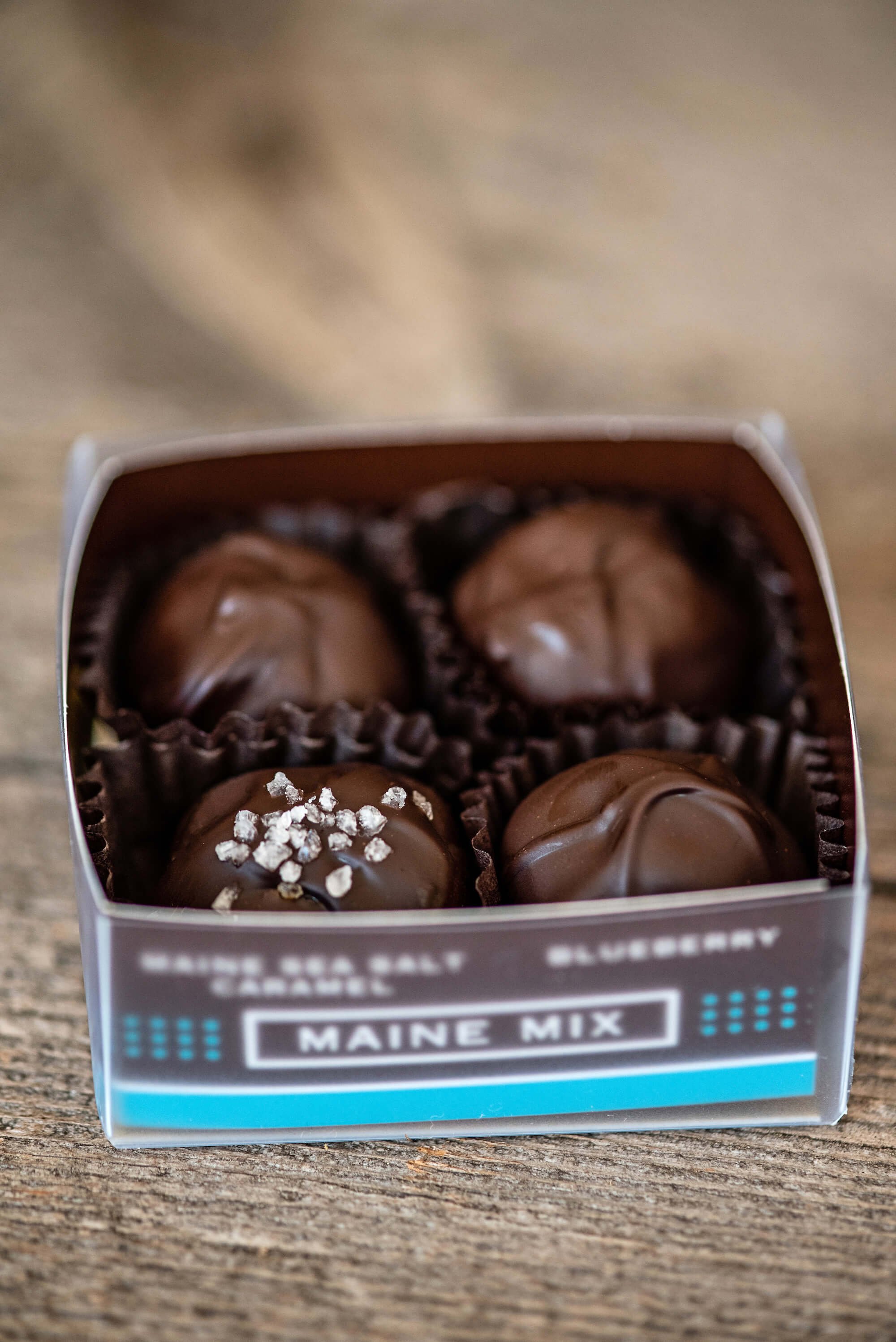No, cats should not eat cheese puffs as they are not nutritionally sound and can be harsh on their digestive systems. Additionally, most cats cannot digest dairy products properly, and eating cheese could lead to digestive issues such as diarrhea, constipation, or vomiting.
It is best to avoid feeding cats cheese puffs altogether.
Can Cats Eat Cheese Puffs?
Cats should not eat cheese puffs as they are not nutritionally beneficial and can be harsh on their digestive systems due to unnatural ingredients. It’s best to avoid feeding cats this snack altogether.
Potential Risks Of Feeding Cats Cheese Puffs
While sharing your favorite cheesy snack with your feline friend may be tempting, cheese puffs are not recommended for cats. These savory snacks pose potential risks to your cat’s health. Firstly, cheese puffs are high in fat, sodium, and artificial ingredients that can be harsh on a cat’s digestive system. Cats have a more sensitive digestive system than humans, and consuming such foods can lead to gastrointestinal issues like upset stomach, diarrhea, and vomiting.
Effects Of Cheese Puffs On A Cat’s Digestive System
Cheese puffs’ excessive fat and sodium content can negatively affect a cat’s digestive system. The high-fat content can lead to weight gain and obesity, which in turn can increase the risk of various health issues such as diabetes and heart disease. Moreover, the abundance of artificial flavors, colors, and preservatives used in cheese puffs can cause digestive upset, including food allergies or cat intolerances. These symptoms may include diarrhea, constipation, or even more severe reactions requiring medical attention.
Alternatives To Cheese Puffs For Cat Treats
Instead of offering your cat cheese puffs, you can consider several healthier and more suitable alternatives for cat treats. These options can give your cat a tasty snack while ensuring their safety and well-being. Some potential options include:
- High-quality, commercially-made cat treats that are specifically formulated for feline nutrition.
- Homemade treats are made from natural and cat-friendly ingredients, such as cooked chicken or fish.
- Vegetable treats like small pieces of cooked carrots or green beans can provide additional fiber to their diet.
- They approved cat-safe fruits like small pieces of apple or banana (without seeds or skin).
Remember, it’s always important to introduce new treats slowly and in moderation to avoid any potential digestive issues. Before introducing any new food into your cat’s diet, it’s advisable to consult with your veterinarian to ensure the best options for your furry friend.

Credit: www.thechocolateprofessor.com
Frequently Asked Questions Of Can Cats Eat Cheese Puffs
Can My Cat Eat Cheeto Puffs?
Cats should not eat Cheeto puffs because they are not a nutritious snack. Cheetos contain unnatural ingredients that can harm a cat’s digestive system. While a small lick won’t hurt them, eating a whole bag can cause digestive issues.
Is Cheese OK for Cats To Eat?
Cheese is not recommended for cats to eat due to their difficulty digesting dairy products. Consumption could lead to digestive issues like diarrhea, constipation, or vomiting. It’s best to avoid feeding cats cheese to maintain their digestive health.
Is It OK for Cats To Eat String Cheese?
No, it is not recommended for cats to eat string cheese. Most cats are lactose intolerant and can experience digestive issues if they consume dairy products like cheese. It’s best to avoid sharing your string cheese with your feline friend.
Can My Dog Eat Cheese Puffs?
No, it’s not recommended for dogs to eat cheese puffs. These snacks contain unhealthy ingredients like lactose, preservatives, fat, and high sodium. It’s best to avoid giving cheese puffs to your dog.
Conclusion
Cheese puffs may be a tasty snack for humans, but they are unsuitable for cats. While a small taste won’t cause any harm, these snacks are high in fat and sodium, which can harm a cat’s health.
It’s best to avoid feeding cheese puffs to your feline friends altogether to ensure they maintain a balanced and nutritious diet. Instead, opt for cat-friendly treats specifically formulated to meet their dietary needs.

